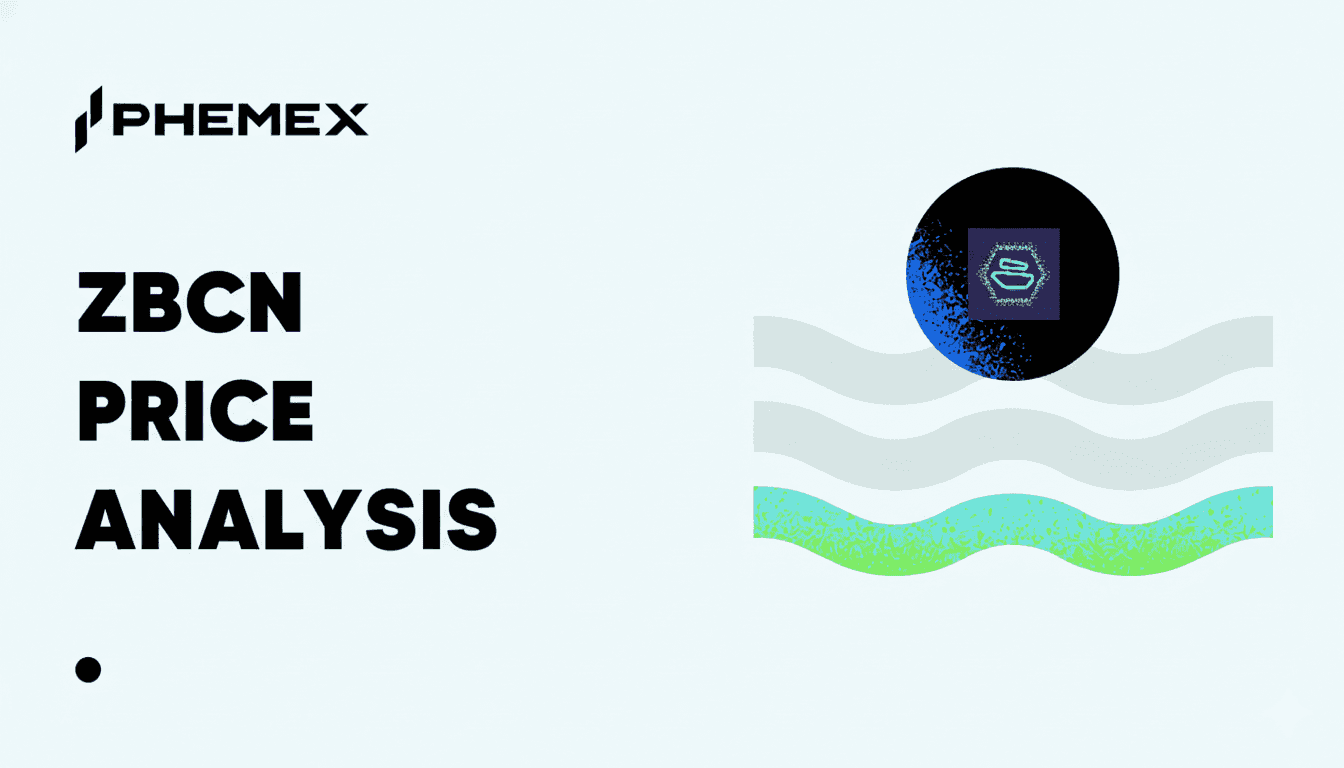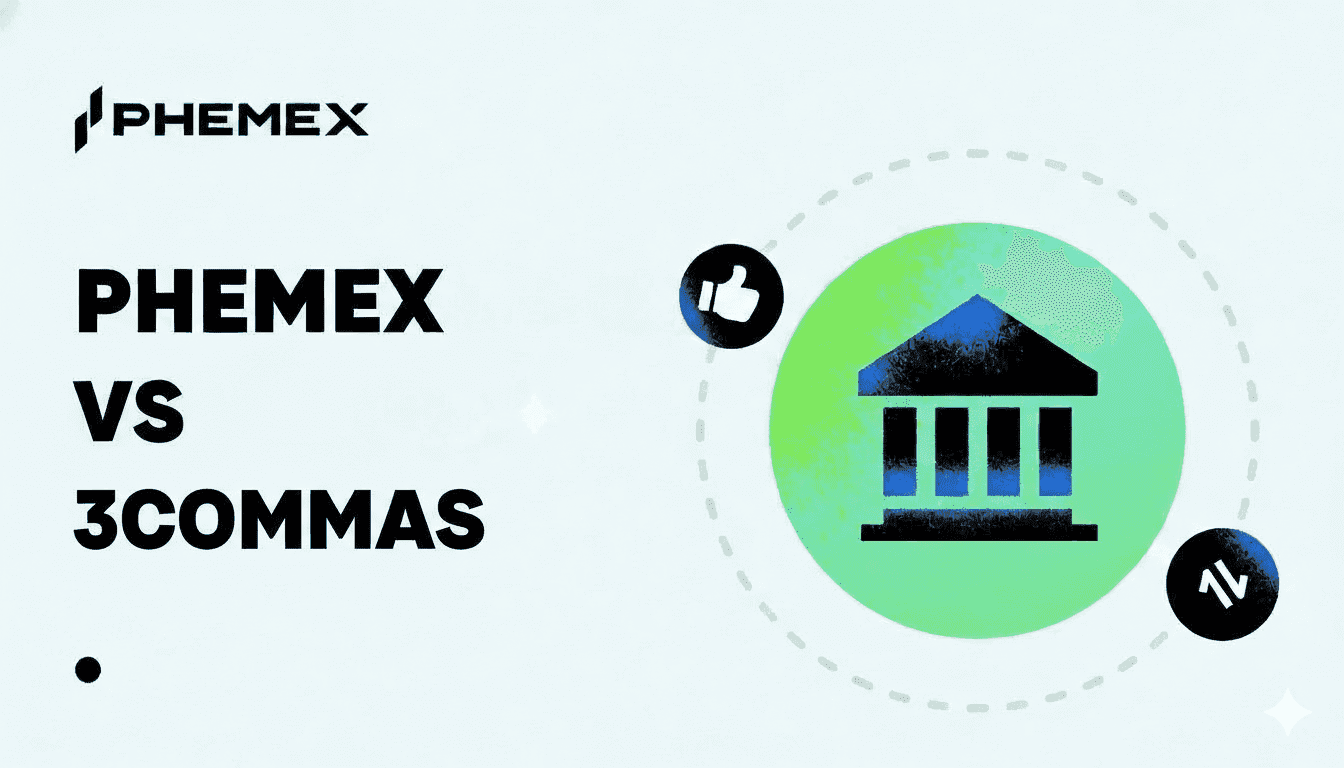How do NFTs apply to items other than art, graphics, JPEGs, games, and collectibles? An interesting expansion is for NFTs to be applicable to the world of e-publishing, e-writing, and eBooks. The blockchain has plenty of practical applications for the publishing space, and NFT marketplaces have the potential to bring together collectors, readers, publishers, labels, and authors into a more integrated ecosystem.

The Transition From Physical Books to eBooks
Schools are going through a transition. Up until the 2010s, the majority of elementary schools, middle schools, and high schools primarily used physical books in the classroom. But now, schools have moved fast to upgrade their tech. As a result, almost all classrooms now have computers, and schools themselves even provide laptops for students to take home. Because students now have laptops, teachers naturally assign larger amounts of homework online. Students are also reading fewer books.
Kindle
On the other hand (outside of the classroom) after Amazon launched its eBook subscription service Kindle Unlimited in 2014, traditional book owners and avid readers began testing the eBook waters. This created a profitable market for services that offered libraries of online books and magazines.
But people are finally beginning to feel the pinch of this business model, which entails expensive monthly subscriptions, high book prices, technical difficulties, and poor customer service. In addition, some people prefer real book ownership, which they don’t have on the Kindle and Google Play Store.
However, even during the pandemic print sales rose 8% in 2020, and eBook sales still make up only about 20% of all book sales. Therefore, although book lovers are not yet yearning for NFT books, with the arrival of NFTs, the book industry is ripe for disruption.
What is an NFT book?
An NFT book is a digital book publication that is minted as an NFT.
What platforms are NFT books available on?
| NFT Marketplaces | NFT Book Publishing Houses |
| Mintable | WIP Publishing |
| OpenSea | Mirror |
| Rarible | Books Go Social |
| Cargo | Bookchain |
| Cent | Publica |
| Hicetnunc | Po.et |
NFT books can be found on NFT marketplaces like Mintable, OpenSea, Rarible, Cargo, Cent, and Hicetnunc. However, besides the more popular NFT marketplaces, there are niche companies like WIP Publishing, Books Go Social, Mirror, Bookchain, and Publica, that feature NFT books on their platforms.
WIP Pubilshing
In particular, WIP Publishing, which markets itself as the very first crypto publishing house, currently only lets writers create very basic unlockable PDF books. They are essentially a self-publishing platform who then outsources the NFT purchase on OpenSea. Interestingly, they also have their own token called PAGE.
Mirror
Secondly, is Mirror, which is a decentralized, user-owned crypto-based publishing platform. They also have their own token called $WRITE.
Bookchain
Third, is Bookchain, a platform for publishing, selling, and reselling digital books by using NFTs on the Ethereum blockchain. Bookchain allows authors and publishers to configure the security, traceability, attribution, and distribution settings (including lending and reselling) of their digital books and sell them online through Bookchain’s catalogue or through other medias.
Publica
Last, is Publica, a platform for “publishing on the blockchain.” Publica allows content creators to mint a unique token representing their content and to sell it as an NFT. Conveniently, Publica supports EPUB format, thus making it possible to tokenize longer types of documents like books, essays, magazines, or other literary forms.
Conclusion
NFT books offer a new use case for NFTs, and similar to NFTs in the art and collectibles space, they have many upsides. For example, they improve ownership rights for customers, they give authors a new way to market their work, and they create new types of engaging content for prospective consumers. However, it’s still early in the game for NFT books, thus, the possibilities are endless. Right now, the most important thing is for creators to learn, experiment, and discover ways to get their books available on NFT marketplaces (at reasonable prices) and into the readers’ hands in a simple way.










